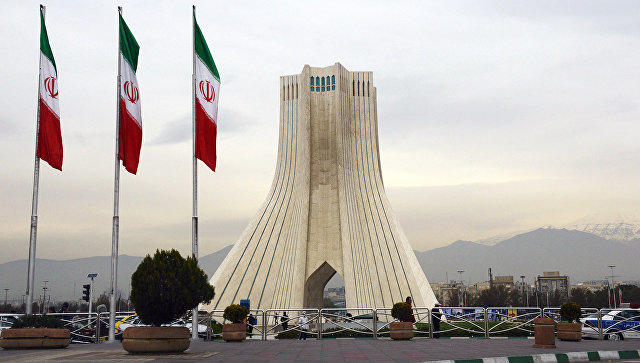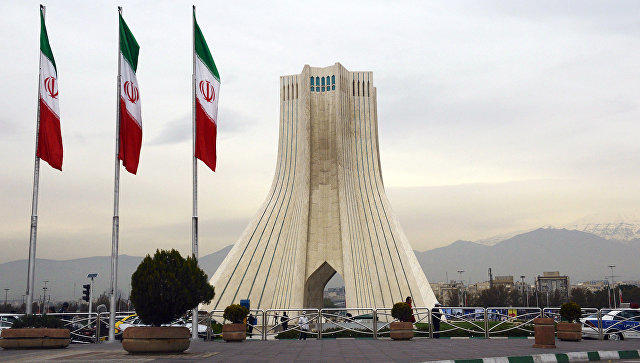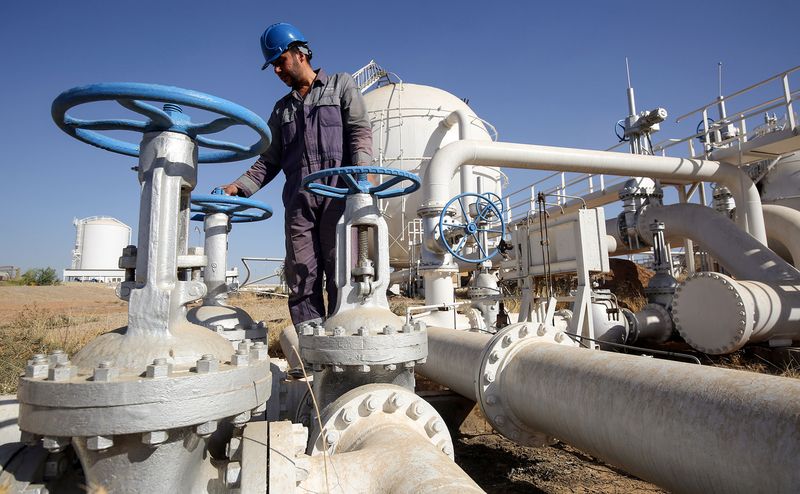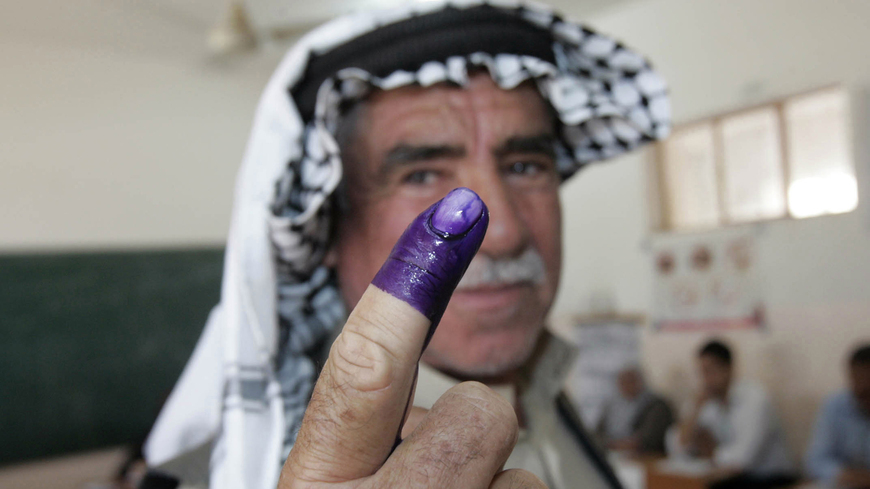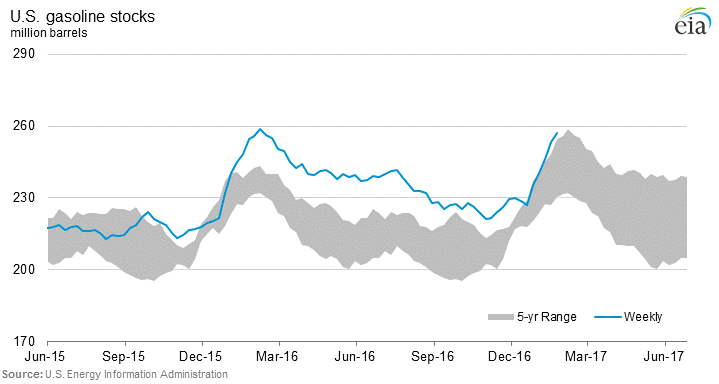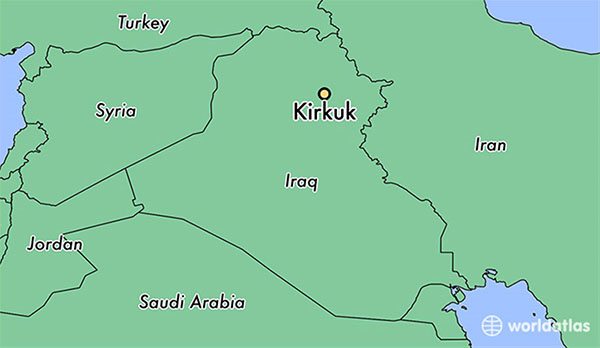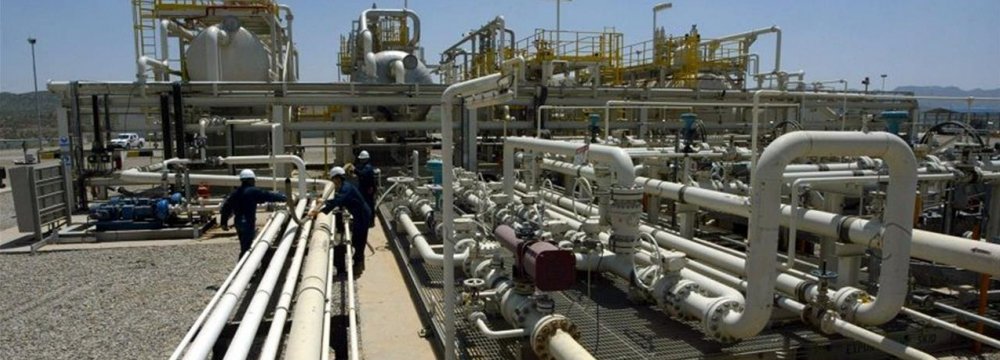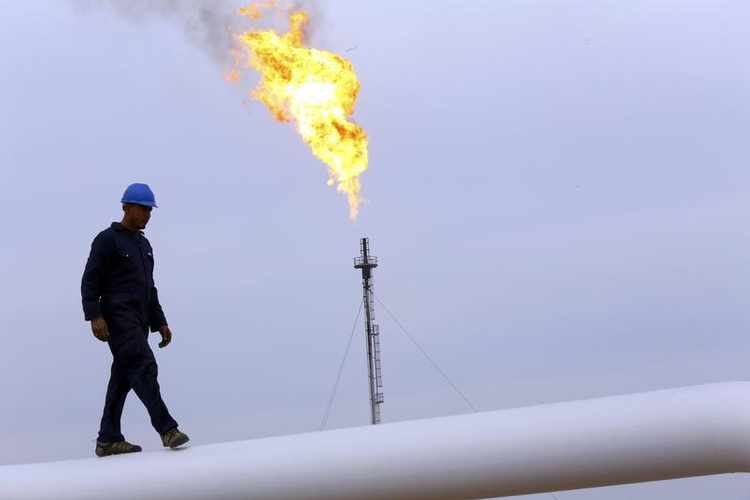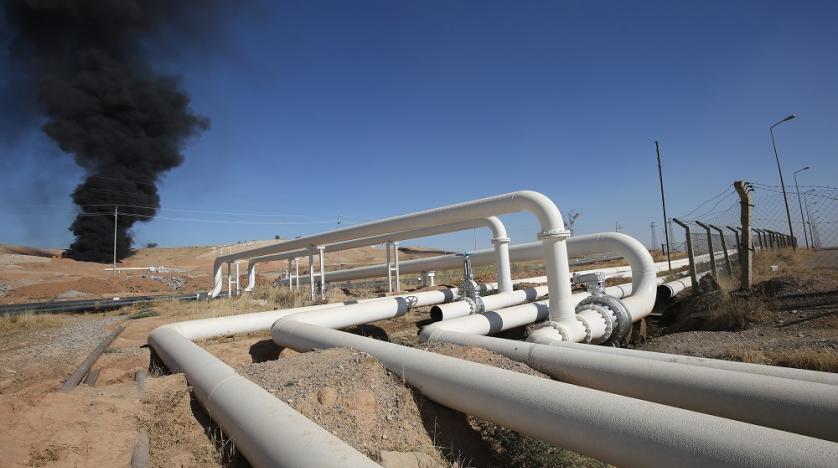By Adnan Abu Zeed for Al Monitor. Any opinions expressed here are those of the author and do not necessarily reflect the views of Iraq Business News.
The Islamic State (IS) appears to be staging a comeback in parts of Iraq, which could endanger the country’s oil deal with Iran.
Hamid Hosseini, the Iranian secretary-general of the Iran-Iraq Chamber of Commerce, warned in late February that the countries’ plan can’t be implemented fully because of security concerns. The countries signed a bilateral agreement in July 2017 to install a pipeline to transport Kirkuk’s crude oil to Iran to be refined. In the meantime, the oil is being transported by trucks, which are vulnerable to attacks.
The Kurdish military, or peshmerga forces, took control of Kirkuk in 2014 after Iraqi forces fled as IS swept through the area. But in October, Iraqi forces reclaimed the oil-rich territory from the Kurds.
IS has been blamed for numerous recent attacks in the area. On Feb. 19, IS fighters ambushed a convoy of the Baghdad government’s Shiite Popular Mobilization Units (PMU) in the Hawija district, southwest of Kirkuk, killing 27. On Feb. 27, gunmen had targeted the Turkmen Front with a rocket shell. Since Hosseini’s warning, security has deteriorated both in Kirkuk and Hawija. Local authorities have called for military enforcement.
Masrour Barzani, the head of Kurdistan security, stressed that the “IS offensive in Kirkuk province is not coming to an end anytime soon.”
These developments cast clouds of uncertainty over any investment attempts in Kirkuk city, particularly in the oil sector. Yet Rakan al Jibouri, Kirkuk’s Baghdad-appointed interim governor, doesn’t agree, though he acknowledges “there are unsecured areas.”
“This won’t obstruct the development of oil facilities and exportation projects, as the agreement signed by the [Iraqi] Ministry of Oil on Feb. 8 to construct a new refinery clearly demonstrates otherwise,” Jibouri told Al-Monitor.
Ministry spokesman Asim Jihad also told Al-Monitor the present security situation won’t affect Kirkuk oil investments. “The Iranian official’s [Hosseini’s] statement reflects his state’s point of view. The Iraqi side is committed to upholding the agreement as long as Iran is not backing down.”
Jihad said the contract provides for exporting 30,000-60,000 barrels of oil a day via trucks from Kirkuk fields to the border zone near Kermanshah, Iran.
“Work is still underway to install an oil pipeline to Iran with a capacity of over 250,000 barrels [per day],” Jihad added. “Moving forward, we are going to stop using trucks, which are more exposed, require more security measures and cost more.”
Moreover, one of the reasons behind the agreement was “Iran’s need of large amounts of Iraqi oil for refinement purposes, as well as for complementary industries in Iranian areas across [the border].” Jihad said Iraq will also benefit because it will be able to export oil abroad at lower costs.
All that said, however, Jihad noted the Oil Ministry has no authority to assess the security situation: “The ministry is only concerned with the technical end of things.”
Iskander Witwit, a member of the Iraqi parliament’s Security and Defense Committee, contradicted Hosseini’s evaluation. “We haven’t recorded any indications of oil investments in Kirkuk being too risky,” Witwit told Al-Monitor.
He said the Kurdish peshmerga wants “security anarchy so that the oil trade project between Iraq and Iran fails, because the [Kurdistan Regional Government (KRG)] wants oil to be transported through its soil.” The KRG, he said, “seeks to stop all oil and economic projects as long as Kirkuk is not under its control.”
Witwit also challenged a statement by Hosseini that security is at risk because Iran doesn’t have X-ray machines to inspect trucks coming from Iraq.
“This is an irrational reason,” Witwit said. “Truck security is both countries’ responsibility, and oil-transporting trucks are registered and take off from secured points to their designated destination. Therefore, they can’t possibly be used for any other purposes, considering the strict security measures in oil zones. Also, army and PMU troops are dispatched throughout the route used by the trucks.”
Meanwhile, it appears Iraq is moving ahead to expand its export options. Aziz Abdullah, the head of the Iraqi parliament’s Oil and Energy Committee, told Al-Monitor, “Talks between the [Iraqi] federal government and the [KRG] government on transporting oil via Ceyhan [Turkey] pipe have reached advanced stages.”
Ahmad al Askari, the head of the Energy Committee of the Kirkuk Provincial Council, believes those talks reflect Iraq’s “new direction not to solely rely on one window that could be shut on account of political disagreements.”
Speaking to Al-Monitor, Askari added, “Political and security concerns compelled Iraq to consider more than one means of exporting Kirkuk oil. Iraq started a pipeline to Turkey’s Ceyhan port that doesn’t go through the [Kurdish] region, besides the one that does go through the region. In addition, trucks have been moving to Iran since Iraqi forces took over Kirkuk.”

